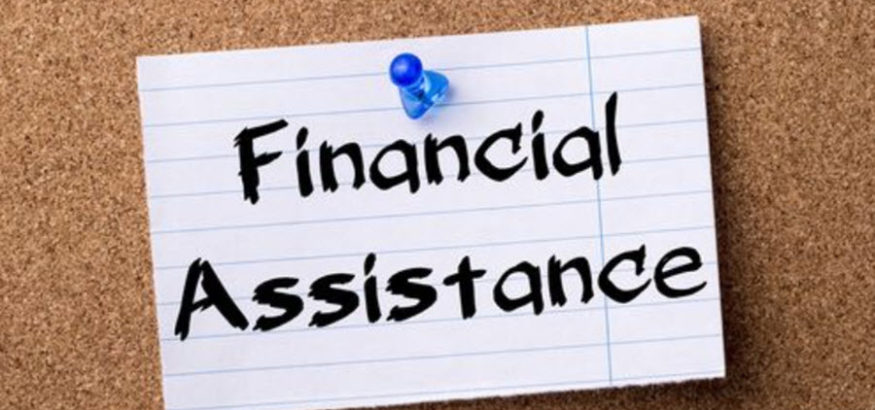How Financial Counseling Can Help: Its More Than You Think
Help Handling Your Finances
Financial counseling is a service that is often offered for free by community organizations, nonprofit agencies, legal centers, and occasionally government agencies. Financial counselors may be able to assist you as you work through your money issues.
- Finding a Financial Counselor
- Crisis Support
- What Do Financial Counselors Do?
- Is it Counseling or Consolidation?
Finding a Financial Counselor
If you find that you are struggling to manage your debt, it's best to seek out help as soon as possible. You'll have more options available to you if you get help early on, instead of waiting until you're even more behind.
Let's examine some of the potential options available.
Housing Foreclosure Assistance Information Making Home Affordable: https://www.usa.gov/foreclosure
The government has several programs to handle or help prevent a foreclosure, as well as a few links to assistance services at this link.
Debt Hotline: National Council on Aging
If you are aging and on a fixed income, the NCOA offers customized debt management, budgeting, and money management counseling service for older adults. Call 1-866-217-0543 to begin.
Legal Aid
Legal Services Corporation (LSC)
The LSC is a nonprofit that was established by Congress in the 1970s to help low income Americans obtain legal assistance for civil legal issues. They operate in every state.
Use the following link to get started: https://www.lsc.gov/what-legal-aid/find-legal-aid
Get additional information on free legal assistance here.
Crisis Support
Sometimes severe financial stress can weigh on one's mental health. If you're experiencing a crisis, Crisis Text Line is available 24/7. Each line is staffed by volunteers who dedicate their time to helping those in crisis situations.
To get started, text HOME to 741741
What Do Financial Counselors Do?
Financial counselors provide their clients with independent, free, and confidential financial assistance.
They typically can help with the following:
- Help you find ways to improve your finances
- Find out if you qualify for federal assistance
- Work out repayment arrangements with your creditors that you can afford
- Help you understand your options and their consequences, including bankruptcy, debt recovery, and other less traditional alternatives
- Help you apply for hardship programs
- Help you design a budget and work to organize your financial situation
- Refer you out to other services that may be able to assist you, such as a therapist, family services, gambling or addiction hotlines, or legal aid.
A financial counselor may also be able to help you with the following issues:
- Debts that you are having issues paying
- Harassing calls or threatening letters from collectors
- Debt recovery through the court system
- Eviction notices and utility disconnection notices
- Debts from taxes, uninsured car accidents, or unpaid fines
Is it Counseling or Consolidation?
Other businesses may advertise services to help people who struggle with debt, but they may charge fees and actually be debt consolidation companies. They may charge an upfront fee, or they may charge a commission on the new loan.
Pay careful attention as you evaluate the services these for profit businesses offer and how much they will cost you. It's possible that you may be able to get the same services from a financial counselor working with a nonprofit, for free.
If you are having financial difficulties, contact a nonprofit program or financial counselor as soon as you can. They can likely help you to come up with an effective plan to work out your financial issues.
Additional resource for getting in touch with a financial counsellor.

